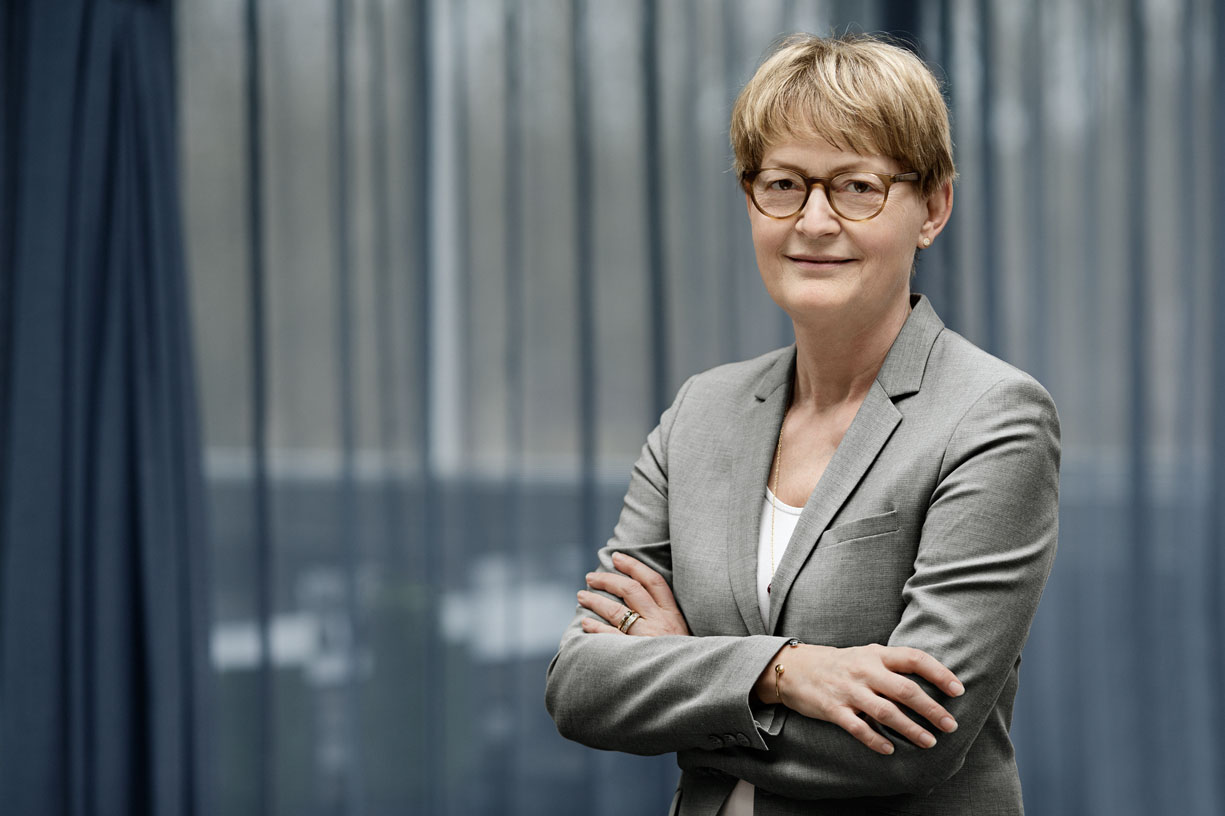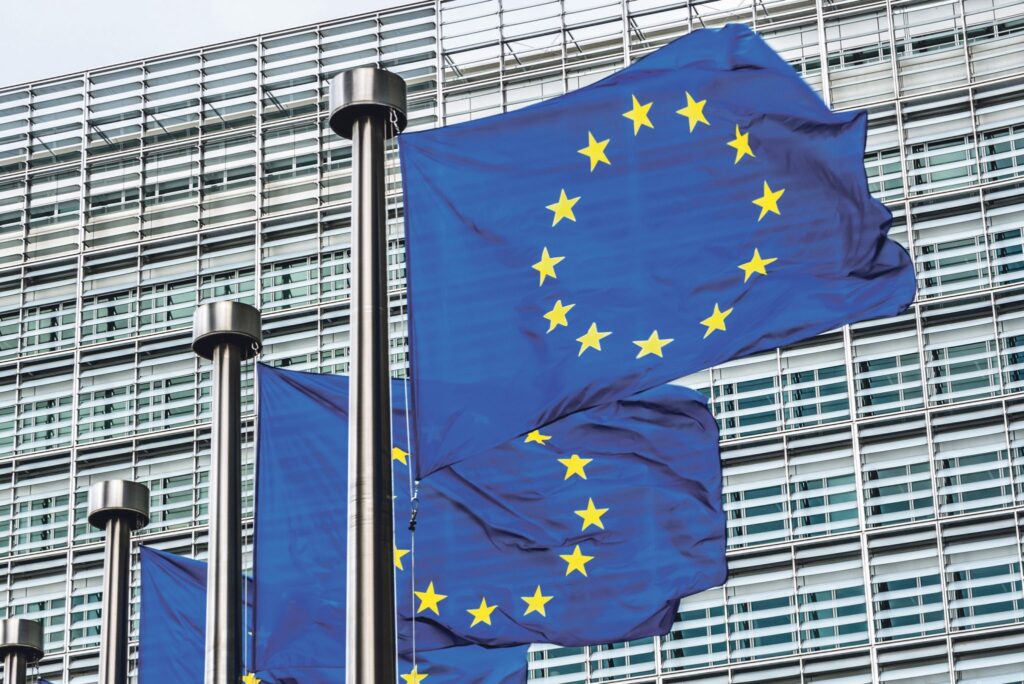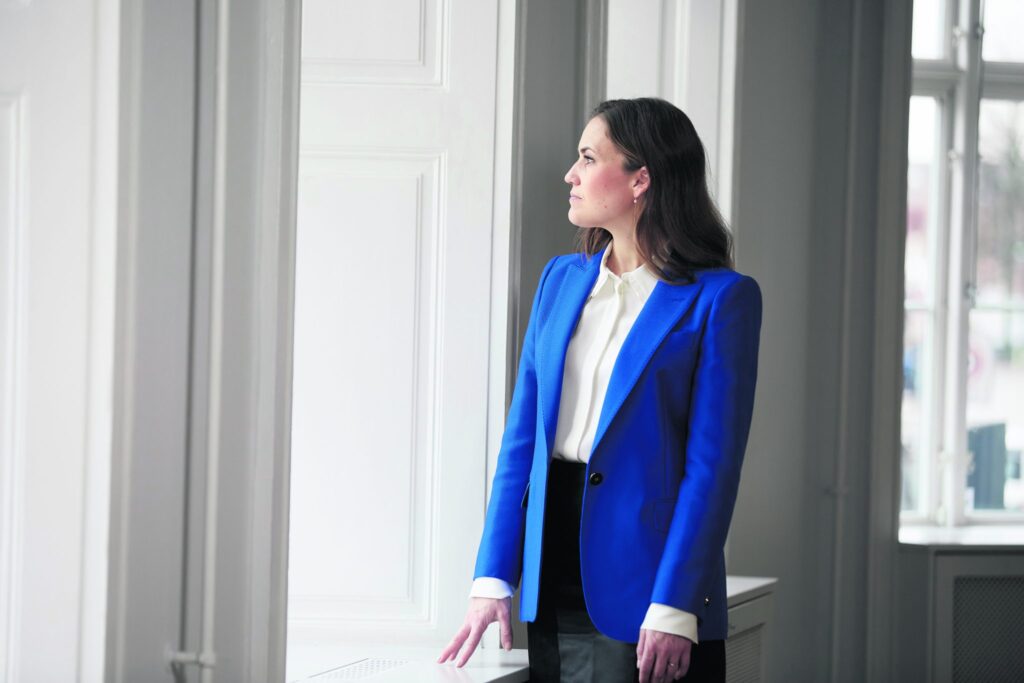Executive

CLINICAL RESEARCH IS CREATING THE CANCER TREATMENT OF THE FUTURE
Nordic Business
Danish cancer patients need cancer research in Denmark. Research into new treatments for all types of cancer not only makes doctors and healthcare professionals more knowledgeable, it also provides cancer patients with more options, more effective treatments, and greater chances of survival.
‘Research is the foundation for the standardised, evidence-based, and accelerated approach to diagnosis and treatment represented by cancer programmes today, and it is the foundation of cancer treatment across the country.’
At Trial Nation, which works to attract clinical trials to Denmark and coordinates between researchers, healthcare professionals, and drug developers, great potential is seen in attracting more research, but the organisation also emphasises that the work that has already been put into coordination has helped to ensure more treatment options for Danish cancer patients.
“Without clinical research into treatments aimed at curing or preventing the progression of cancer, treatments would have stalled. That’s why we’re pleased to have such skilled clinicians and doctors in Denmark who are taking the long road every day in finding the best future treatment for each type of cancer. Moreover, the best healthcare professionals improve by carrying out their own research and learning more about new methods and treatments, which benefit cancer patients now and in the future.”
Ida Sofie Jensen, CEO of the Danish Association of the Pharmaceutical Industry
Trial Nation’s annual report notes a 42 per cent increase from 2018 to 2020 in the number of clinical trials among oncology clinics affiliated with Trial Nation. Patients as well as healthcare professionals and developers all benefit from participating in clinical trials, a value that has been particularly noticeable for patients in oncology departments across the country. Lars Bastholt, Chief Physician of the oncology department at Odense University Hospital, said, ‘If we hadn’t participated in the clinical trials, our patients wouldn’t have had access to the treatment until five years later.’
More trials – fewer patients – more specialised treatments
Throughout recent years, there has been a clear tendency in clinical research, not least within cancer research and treatment, for there to be more trials, but fewer patients as part of the trials. This is a good sign, emphasises Ida Sofie Jensen.
The CEO of Lif said, ‘Particularly within cancer treatment, it is clear that treatments are becoming more specialised and tailored to the individual type of cancer and even the individual patient. This is reflected in the fact that we are seeing more clinical drug trials in Denmark, but fewer patients in the trials. Our understanding of cancer is much more detailed today – for instance, we now know that leukaemia isn’t just one disease, but can be categorised into more than forty subtypes that potentially need different treatments in order to be effective. As a result, more and more specialised medicinal products are developed for small patient groups – which also provides future cancer patients with better treatment options.’
He added, ‘But these things don’t develop on their own. If we want specialised research to be at the very top – and to succeed in attracting it to Denmark – we need to support research environments and encourage collaborations between companies and clinicians.’
“We’ve seen a steady increase in the number of clinical trials within cancer treatments in Denmark during the time Trial Nation has existed and carried out monitoring of the number of trials in the field. Each trial represents an opportunity for treatment, often a treatment that becomes commercially available years later.”
Marianne Pilgaard, CEO of Trial Nation
Marianne Pilgaard agreed with this sentiment, saying, ‘We have incredibly talented, internationally strong researchers within the field of cancer in Denmark.’ She pointed out that she is particularly impressed by both the early investment in genome sequencing, which has given Denmark a very strong lead in terms of personalised medicine, as well as Denmark’s strong position within immunotherapy.
Research equals survival
The survival of cancer patients has generally improved considerably over the past 15-20 years, which is clear evidence that clinical research is working and that research is contributing to better treatments. In 15 years, men’s survival rate has gone up from 69 to 82 per cent five years after diagnosis. For women, it has increased from 72 to 83 per cent, according to figures from the Danish Cancer Society. Here, faster diagnosis and better treatments are highlighted as reasons for the upturn in survival.
‘The positive outcome of clinical research is better treatments, longer survival and more knowledge in the field, which in turn helps future research to narrow down and create new, more precise and innovative treatments.’
Figures from the organisation PhRMA show that up to three-quarters of the increase in survival is due to advances in cancer treatments, including the development of new medicine.
Most read
Facts:
Lif is a trade organisation for Danish and foreign research-based pharmaceutical companies in Denmark. The common denominator is that Lif’s members all develop new innovative medicines for prevention and treatment. When research, development, and innovation are translated into health, growth, jobs, and prosperity, it is to the benefit of Danish society as a whole.
Denmark has a unique leading position within life science, a position that is based on strong companies that research, develop, and manufacture medicinal products and medical equipment for patients world-wide. Lif therefore works to ensure that the organisation’s 38 members can research, develop, produce, market, distribute, and provide information about new and improved medicinal products.
Read more at lif.dk






